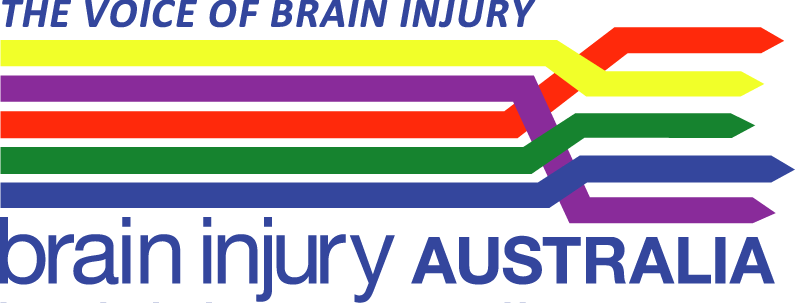d) Alcohol related brain injury (ARBI)
i) ARBI
Alcohol acts as a toxin in the body and the long term misuse of alcohol can cause damage to brain tissue. Brain injury can be caused by alcohol because it:
- Has a toxic effect on the central nervous system (CNS)
- Results in changes to metabolism, heart functioning and blood supply
- Interferes with the absorption of vitamin B1 (thiamine), which is an important brain nutrient
- May be associated with poor nutrition
- Can cause dehydration, which may lead to an inability of brain cells to work properly
- Can lead to falls and accidents that injure the brain
Just how much damage is done depends on a number of factors. These include individual differences, as well as the person's age, gender, nutrition and their overall pattern of alcohol consumption. Alcohol related brain injury is more likely to occur if a person drinks heavily on a regular basis over many years. It is also possible to develop ARBI over a short period of time, if the drinking is excessive enough. This is known as ‘binge drinking' or ‘heavy episodic drinking' and is a short term, high-risk manner of drinking alcohol. A younger person has a better chance of recovery, however the effects of ARBI can be permanent for many sufferers.
More than 2,500 Australians are treated for ARBI every year, and it is estimated that there are approximately 200,000 Australians currently undiagnosed. Around two million Australians are potentially at risk of developing ARBI due to their drinking habits.
Source: www.betterhealth.vic.gov.au
More information
Arbias Ltd
Arbias Ltd is a not-for-profit national company that provides specialist services in alcohol and other substance related brain impairment.
Victorian Government Department of Health
Better Health Channel Alcohol related brain impairment: Fact Sheet![]() The above information is based in this face sheet and information from the Brain Injury Rehabilitation Directorate
The above information is based in this face sheet and information from the Brain Injury Rehabilitation Directorate
ii) Associated disorders
The degree of brain injury resulting from excessive alcohol consumption depends on many factors, including the amount and pattern of consumption, age, sex, nutrition and individual differences. ARBI may be mild, moderate, severe or very severe. ARBI is associated with changes in cognition (memory and thinking abilities), difficulties with balance and coordination and a range of medical and neurological disorders. The following are common disorders related to ARBI:
Cerebellar Atrophy
Injury to the part of the brain called the cerebellum causes balance and coordination difficulties which typically affect the lower limbs and results in a wide-based gait (walking with the legs wide apart). Ataxia is the term used to describe the gait disorder.
Peripheral Neuropathy
Peripheral neuropathy is a sensory disturbance affecting the hands, feet and legs. It usually begins in the feet with numbness, pins and needles, burning sensations and pain, and may progress to loss of knee and ankle reflexes and muscle wasting.
Hepatic Encephalopathy
Hepatic encephalopathy is the neuropsychiatric syndrome seen in patients with liver disease. It can present with striking neurological and psychiatric changes and is characterised by acute exacerbations and remissions. The syndrome features changes in sleep, mood and personality. Impairment and fluctuation of consciousness is accompanied by confusion, delirium and hallucinations and in the latter stages will progress to coma.
Frontal Lobe Dysfunction
Injury to the frontal lobes of the brain results in changes in thinking patterns, behaviour and personality. Frontal lobe dysfunction makes it difficult for people to plan and organise, to monitor and control behaviour, to think flexibly, and to adapt to change or unfamiliar situations.
Wernicke's Encephalopathy
Wernicke's encephalopathy is the acute neurological reaction to severe thiamine deficiency and causes multiple disturbances of vision, ataxia, and confusion. It may be reversed by administration of large doses of thiamine, but left untreated may progress to coma and death.
Korsakoff's Amnesic Syndrome
Korsakoff's amnesic syndrome is a profound impairment of short term memory that results in an almost complete inability to acquire any new information. An associated feature is confabulation, or tendency to fabricate missing memories.

